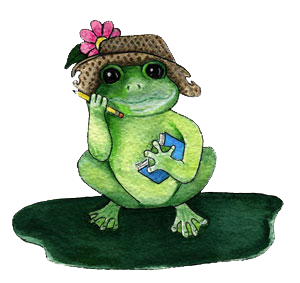The American Dream was the prevailing mindset: there were opportunities for those who sought them and a political system that – in its purest sense – erased social classes via the ballot box. Thus had the quintessential republic become a world beacon for opportunity, not opportunists; and this young country flourished as long as those tasked with governing maintained the disciplined checks and balances needed for a healthy milieu to support free enterprise.
Some old country practices and expectations naturally slipped right on through Ellis Island into the new country. A family member contributed to support of the entire household, sometimes at the expense of a shortened, formal education. Daddy was one of nine who had grown and matured, understanding full well the responsibilities of earning one’s keep as part of the workforce in the family’s laundry business. As one of the babies, my father was lucky enough to finish high school, and then enter a trade school. Not so the older daughters; many of them married early and became homemakers themselves; more often than not they, too, worked outside the home. Two of my aunts had married foreigners who became naturalized citizens. In keeping with another customary practice, my father and mother were married only six months when they moved “back home” to take care of his aging parents.
My father had his dreams like any young man of his generation. He’d had the chance to tour the Orpheum Circuit. As one of a barbershop quartet, he lost the big chance when one of the four decided he couldn’t commit to traveling the country, so went into hiding for several days; his action was long enough to permanently break off any remaining ties of a permanent contract with the entertainment circuit.
A marriage and two children later, Daddy was too old to enlist for WWII, so worked for the war effort at home. After the war, he and Mom opened up a floor covering business. Daddy understood the labor movement from both sides now, and was reforming his previous union mindset. My father changed his voter registration to vote for Ike. Eventually, my uncle joined as a full partner. By the mid-fifties, the linoleum shop was supporting two families and growing.
While not easily fooled by smooth-talking orators, Daddy liked men who told it like it is (and touched his own emotions). Spiro Agnew was a particular favorite. I can remember my father chuckling at Spiro’s deft handling of the press; that is, until the first American Vice President with a Greek lineage was exposed for federal tax evasion, then struck from the nation’s memory in quick form! Daddy had voted for the Nixon-Agnew ticket. We’d never let Daddy forget it.
The Brat and I guaranteed old Spiro would forever remain in our father’s conscience; a metal trashcan with Spiro’s cartoon image would ensure the proper place for additional garbage – political and otherwise. We presented it to him for Father’s Day. It stayed – well hidden but serviceable – under the shop’s main desk for many years.
When the Vietnam War was aired on nightly television, Daddy insisted that we watch Cronkite’s coverage each evening. My brother had already received an honorary discharge, but others’ sons were fighting; thus, my father insisted that we remember the toll being carried by our fellow Americans. This was difficult for us around the table; several times, we asked if we couldn’t dispense with the war coverage just for one night.
My father was insistent: our young men were fighting in a terribly difficult terrain and under very divisive circumstances here at home; the least we could do was stay informed. The news would stay on during dinner. End of subject.
